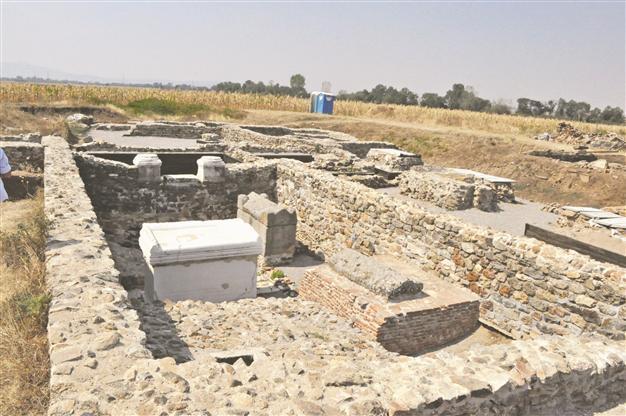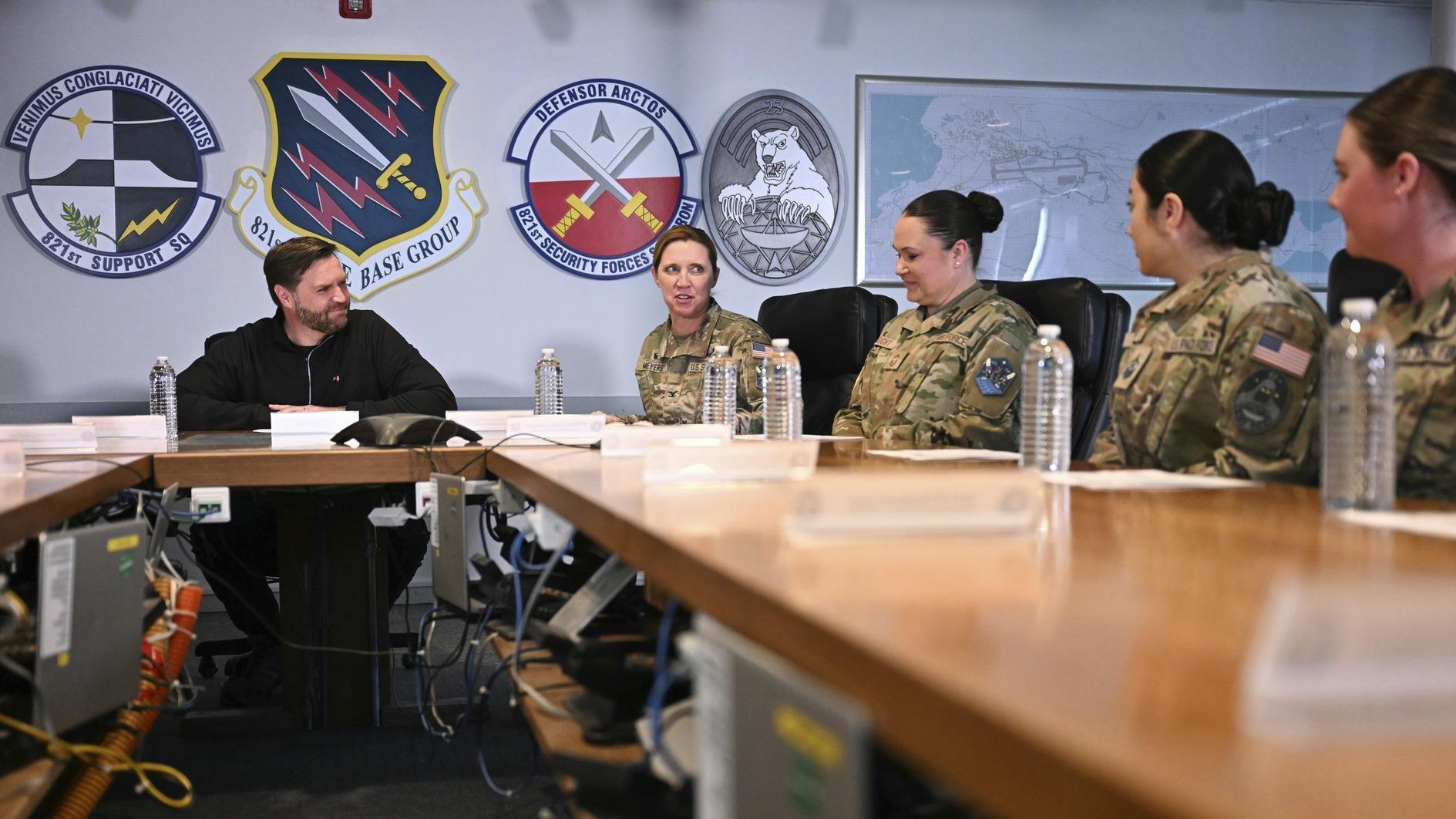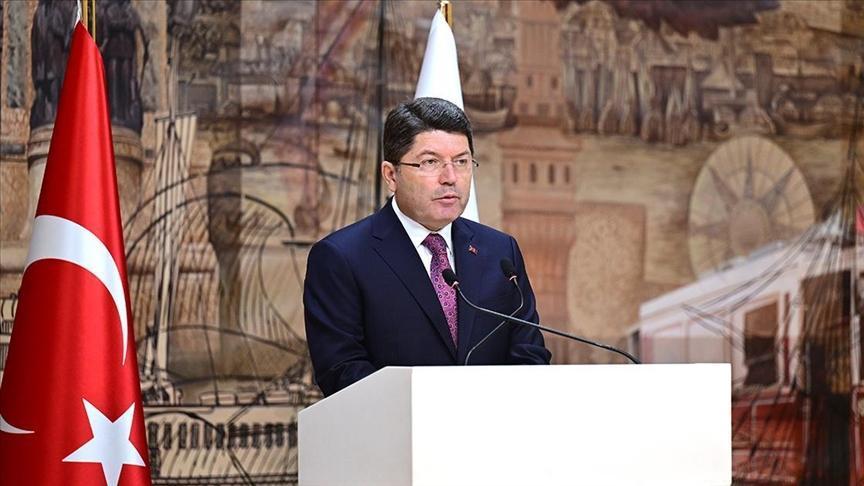Turkish archaeologists reveal 6th century baptistery abroad
PRISTINA - Doğan News Agency

Since the beginning of excavations in July in Kosovo’s ancient city of Ulpiana, a baptistery dating from the Byzantine period have been unearthed by Turkish archaeologists of the Mimar Sinan University. DHA photo
At an excavation site in Kosovo’s ancient city of Ulpiana, a team of Turkish archaeologists have discovered a baptistery dating from the Byzantine period.The archaeological team, consisting of archaeology students from Istanbul’s Mimar Sinan University and headed by Professor Haluk Çetinkaya, excavated in a 250 square-meter area, unearthing an important part of the sixth-century city. Mimar Sinan University graduate Elvis Shala, a native of Kosovo, also joined in the excavation, which lasted 70 days.
Work at the site began on July 2, Çetinkaya said. “Baptisteries are rarely found in this region. We have succeeded in making a very important finding, as part of the first excavation Turkey has carried out abroad.
In accordance with a five-year agreement, we will continue to work at the same site. This is very important, because it shows that Turkey has progressed in the field of archaeology, and is now in a position to provide consultation to other countries. We worked very carefully and quickly, without missing anything. It is not easy to carry out an excavation like this in such a short period of time. We worked 10 hours a day to unearth the remains of the structure.”
Turkish archaeologists are invited abroad
The group will continue to work in Kosovo to reveal more historic structures, Çetinkaya said, adding that because archaeological work is being carried out at some 600 ancient sites in Turkey, Turkish archaeologists rarely have the opportunity to join excavations abroad.
“In the past, Turkey was a country where European archaeologists carried out excavations. Now everyone appreciates our work in this field, and now [Kosovo has] invited us to their country,” Çetinkaya said.
The discovery of the baptistery is very important for Kosovo, said Kosovo’s minister of Public Administration, Mahir Yağcılar. “The unearthing of structures from the Ottoman period may provide new opportunities to promote tourism. The Turkish archaeologists’ work here makes the collaboration between the two countries stronger.”
The excavation at Ulpiana is important because it marks the first time a Turkish archaeological team has joined an excavation in Europe, said Turkish ambassador to Kosovo Songül Ozan.
“We expect Turkish archaeologists to join more excavations abroad. Kosovo is a young country, the youngest in Europe, but it is the site of Europe’s oldest centers of human settlement. As a representative of a country that lived with the people of Kosovo for 500-600 years, I must say that Kosovo will develop more and get what it deserves among civilized countries as long as its preserves its Ottoman Turkish heritage and the heritage of earlier civilizations,” she said.
The site was also visited by Dutch ambassador to Kosovo Robert Bosch, Kosovo Culture Ministry officials and Kosovo’s Museums Director. The Turkish archaeologists’ conducted their work in Kosovo at a cost of 25,000 euros, funded by Mimar Sinan University.
















